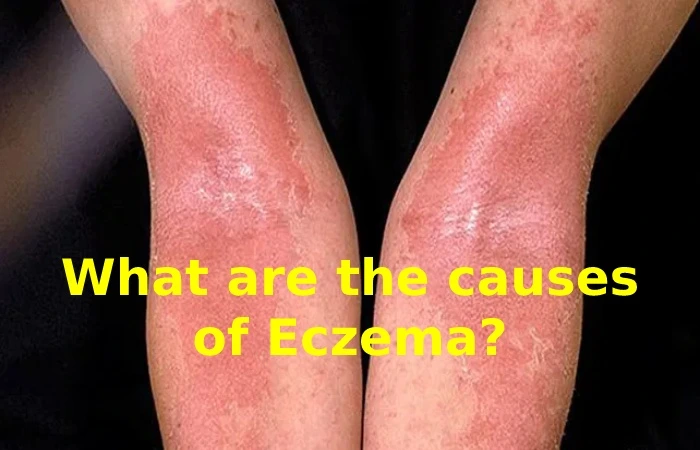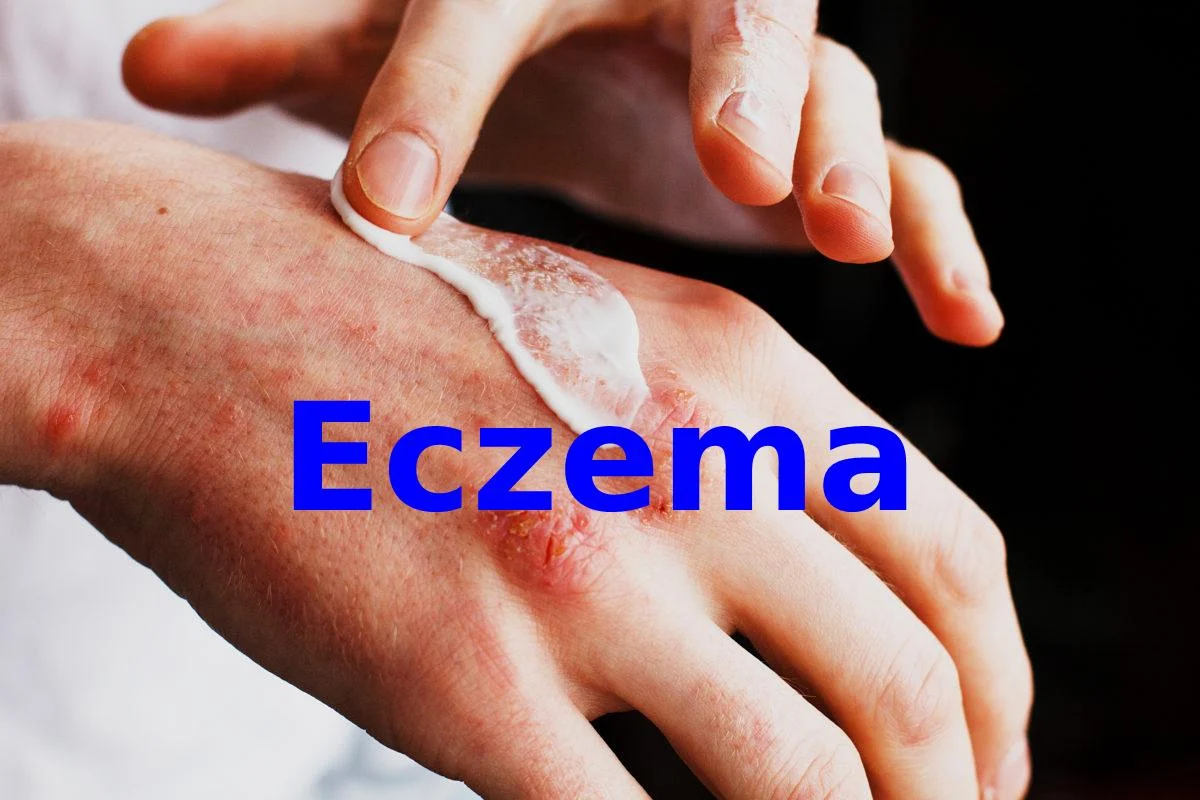Table of Contents
What is Eczema?
Eczema is a chronic inflammatory skin complaint characterized by dry skin and intensely itchy red patches.
These plaques can ooze, flake, crust or harden. Eczema can appear anywhere on the skin and is often present in the flexor muscles (the crook of the elbows or the back of the knees). Symptoms range from mild to Spartan, which can affect the quality of life.
“Atopy” refers to a hereditary tendency to eczema, asthma and allergic rhinitis (hay fever). There are several systems of eczema, the most joint being atopic eczema. People with eczema may also have another atopic disease.
Symptoms of Eczema
- Red patches on dry skin
- Dandruff
- The skin may appear thick and tight.
- Face
- Around the eyes and eyelids
- skin folds
- neck and low-cut
What are the causes of Eczema?

Positive inborn, immunological and environmental factors play a role in eczema.
Eczema can come and go and migrate over the body; as one lesion disappears, another may arise. When the inflammatory cycle of the skin resumes, a flare-up arises. Such is the chronic nature of the condition. Contrary to popular belief, food or food allergies do not cause it, although certain foods can contribute to an acute flare-up.
Sometimes, however, a relapse occurs without any apparent cause. An worked up environment, excessive sweating, too low stickiness, certain foods and stress can also contribute to flare-ups. When the skin is irritated by any of these factors, it itches, causing the affected person to scratch. Scratching makes the condition not as good as, and the skin becomes inflamed and reddish, which increases itching.
What is the cause of Atopic Dermatitis?
In grown-ups and children, the causes of it can be very various. Patients with atopic eczema have a genetic predisposition to allergy. The outside layer of the skin is also thinner and drying device, which increases the risk of irritation.
Childrens with atopic dermatitis have a complex chance of developing an allergy at a later age, such as certain foods, dust, dust mites, dog hair, or pollens.
- In addition to genetic predisposition, other factors can also trigger eczema:
- Irritation secondary to excessive use of soap or creams during baths and showers,
- Sweat,
- Prolonged contact with water,
- Certain materials and substances, e.g. ex. wool, latex or rubber,
- Temperature variations,
- smoky environments,
However, Atopic eczema appears in flare-ups after contact with a specific allergen or substance that irritates.
Tips to avoid flare-ups?
If you are susceptible to it, here are some tips to avoid flare-ups of atopic dermatitis :
Opt for low-scented, detergent-free skincare products.
If your hands remain in the water for a long time, wear gloves to avoid prolonged contact with water.
- Avoid clothes made of raw and synthetic materials, and favor natural materials such as cotton.
- Take a shower right after sports or when you have sweltered a lot.
- Hydrate your skin every day by applying a moisturizer.
How to treat atopic Eczema?
Always consult a GP or dermatologist regarding the treatment of it. And also, for the treatment of atopic eczema, it is possible to opt for a cortisone-based ointment or cream.
Always consult your doctor regarding the use of cortisone cream.
What are your triggers?
Look around and write down anything that could be contributing to a flare-up. For example, do you have an explosion or exacerbation of disease when you wear a particular sweater? Does your disease get worse in the winter? Do you scratch when doing housework? Do perfumes irritate your skin?

